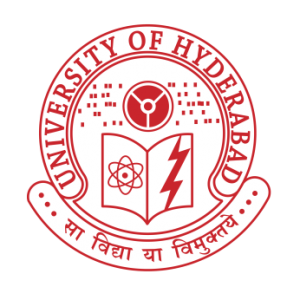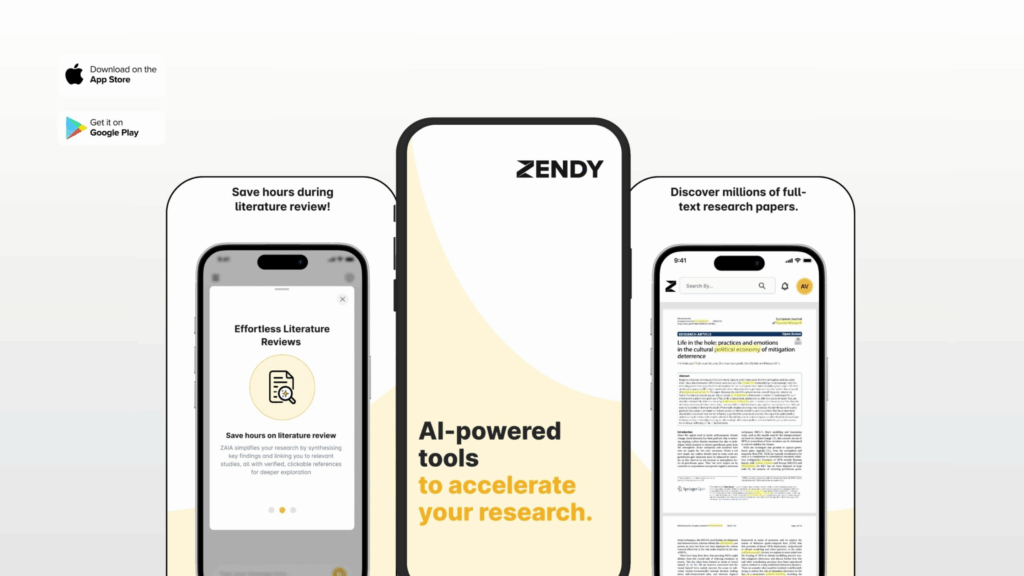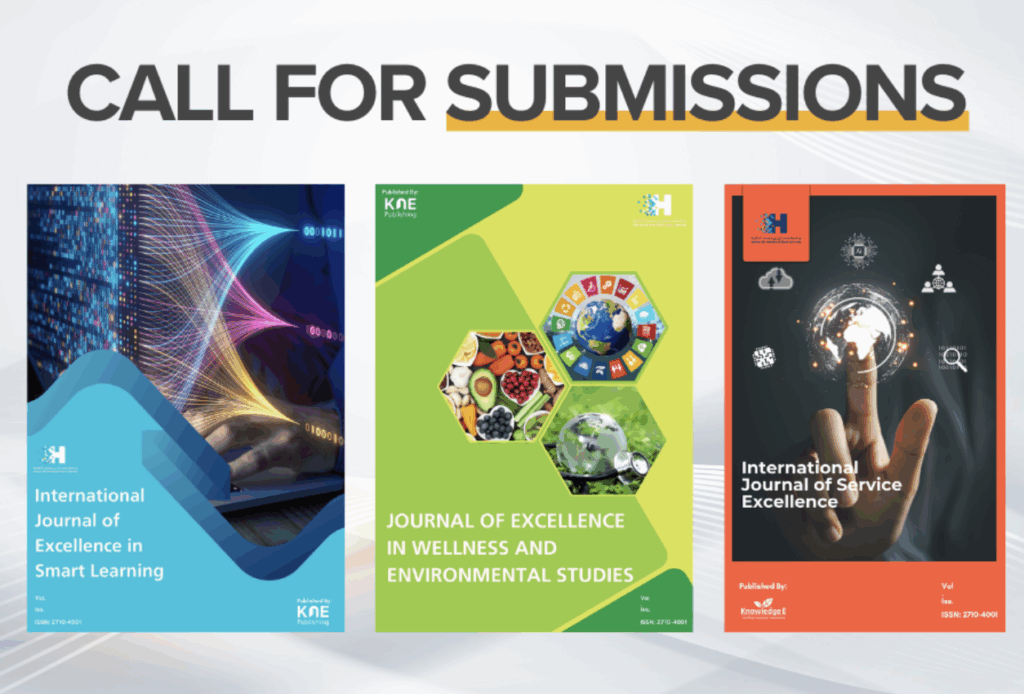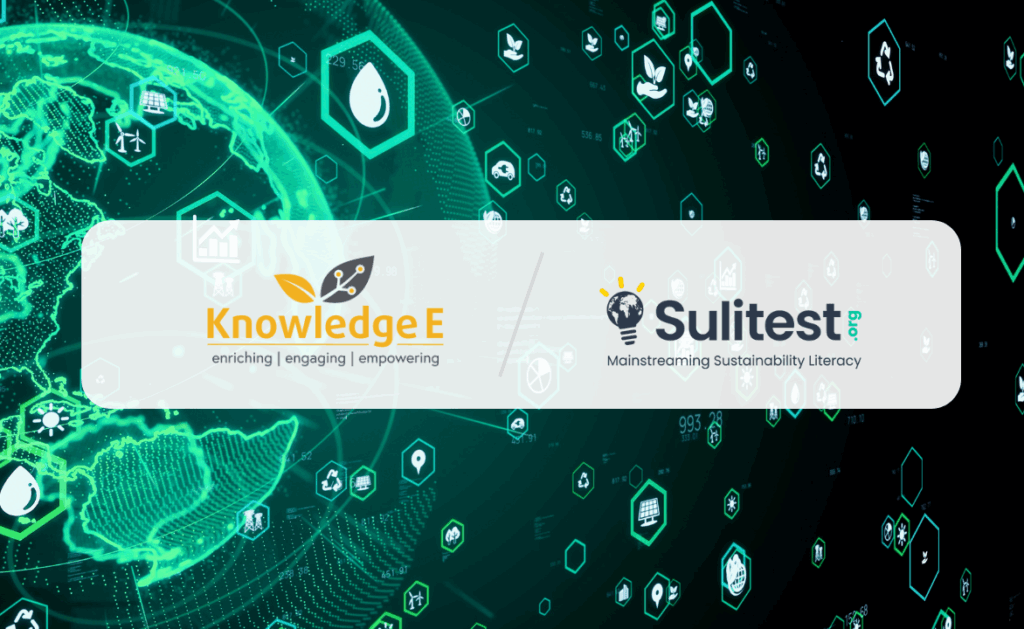DUBAI & MALANG, 16th February 2017 — Knowledge E is excited to announce the collaboration between Universitas Negeri Malang, Indonesia, Hyderabad University, India; Hue University of Education, Vietnam; and Mahasarakham University, Thailand and KnE Publishing platform in publishing the conference proceedings of LSCAC 2016, The 4th International Conference on Language, Society and Culture in Asian Contexts.
The conference which was held in Malang – Indonesia on May 23-25 2016, was a collaboration between four Universities in Indonesia, India, Thailand and Vietnam. This conference was a great way for the Asian countries to work together on Asian diversities and to cultivate these attributes in order to greatly participate in strategic roles in the globalised civilisation.
The publication of this conference, takes Knowledge E one step further in achieving its mission to disseminate regional conference papers to the broader global research community. For more information on KnE publishing platform can be found here: http://18.184.2.19/publishing-services/conference-proceedings-publishing-indexing/
About Knowledge E
Knowledge E was established in 2012 and has quickly become synonymous with collaboration, innovation and progression. Based in Dubai, UAE, at the centre of a region of vision and ambition, Knowledge E works passionately with all types of organisations and government entities within research and education to support their continued innovation and development by providing them with leading expertise, information resources and software solutions. This does for example include the KnE eLibrary Solution for research literature discovery and the KnE Publishing Platform for open access journal and conference proceedings publishing and indexing, along with associated research and publishing services for capacity building within academia.
About LSCAC
Asian societies are not only unique in socio-economic structure, but also rich in linguistic and cultural diversities. Those diversities are prospective to enrich the understanding of multi-dimensional and multi-layered character of Asian societies. The understanding would bring people in the continent together and enable them to become global citizens through the diversities that Asians have. Moreover, to research, explore and reflect on Asian diversities as ways in cultivating and casting the diversities would enhance our understanding of who we are and what we have. The deeper and better understanding of who we are leads to strategies for the empowerment of the Asians.







